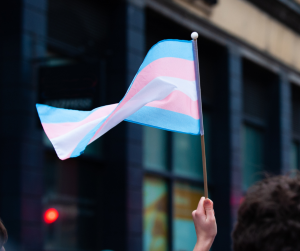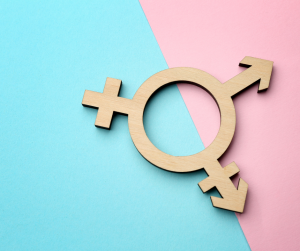As an extension of the recent growth of transgenderism and gender identity, the phenomenon of being “transabled” has emerged.
According to Alexandre Baril, a Quebec-based academic who has been studying transability,
We define transability as the desire or the need for a person defined as able bodied by other people to transform his or her body to obtain a physical impairment. The person could want to become deaf, blind, amputee, paraplegic. It’s a really, really strong desire.
Researchers like Baril in Canada are researching transability, which is a relatively new phenomenon. Clive Baldwin, who teaches social work at St. Thomas University, has interviewed 37 people across the world who identify themselves as transabled.
Many of the individuals Baldwin has interviewed are men. About half reside in Germany and Switzerland, but some live in Canada. Most want an amputation or paralysis, but some desire blindness, or other disabilities.
Most “transabled” individuals attempt to arrange “accidents” to become disabled. A man who calls himself, One Hand Jason cut off his right arm with a sharp power tool, after attempting for months different ways of crushing and cutting the limb that never really felt like his own. He even practiced on animal parts that he obtained from a butcher, and learned first aid so that he wouldn’t bleed to death.
One individual dropped an extremely heavy concrete block on his legs–attempting to injure himself so badly that an amputation would be necessary. The attempt failed. The man walks with a limp, but his legs are still functional.
Transabled people do not often express these desires, as they are quite abnormal and uncommon. One man said he had lived with the desire for 60 years, without expressing it to his wife.
This new mental disorder, which is similar in some ways to transgenderism, has been received with a bit of outrage from transgender and disabled people. Transgender people see the so-called transabled as “dishonest people, people who try to steal resources from the community, people who would be disrespectful by denying or fetishing or romanticizing disability reality.”
In other words, the transgender community, which has worked hard to gain legitimization as a social subgroup, does not consider “transabled” people to be a group deserving of similar social recognition.
The emergence of this newest “trans” group demonstrates that there is no limit to what society may accept as legitimate. Transgenderism will simply give rise to a long series of other “trans-isms”.




